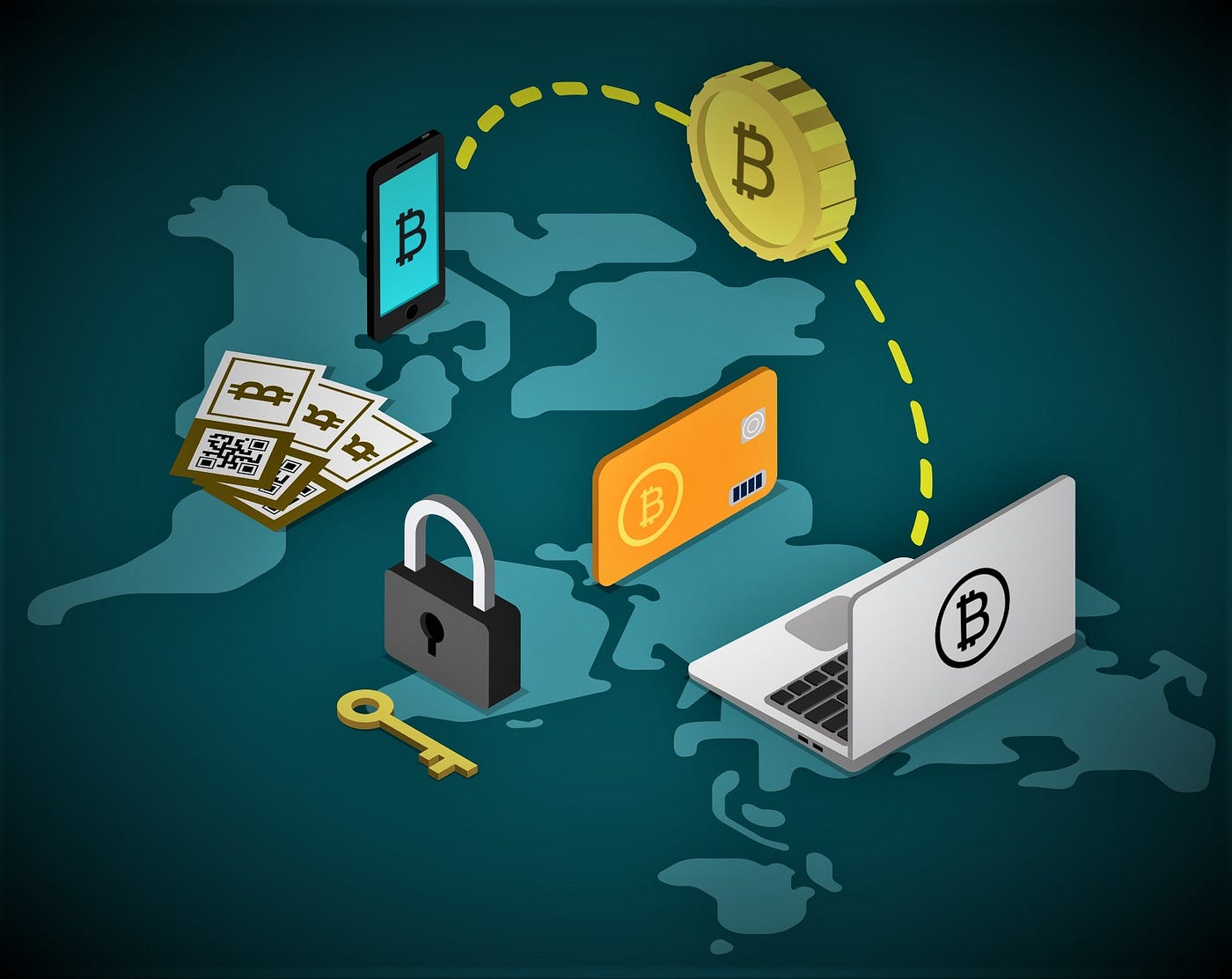Flipkart Gets a Lending Licence: A Bold Leap into Embedded Finance
28th June 2025
 Flipkart Gets a Lending Licence: A Bold Leap into Embedded Finance
Flipkart Gets a Lending Licence: A Bold Leap into Embedded Finance
 The Rise of Contactless Payments: Benefits and Security Concerns
The Rise of Contactless Payments: Benefits and Security Concerns
 The Role of Cryptocurrencies in Cross-Border Payments
The Role of Cryptocurrencies in Cross-Border Payments
 Biometric Payments: The Next Big Trend in Secure Transactions
Biometric Payments: The Next Big Trend in Secure Transactions
 How AI is Transforming the Credit Scoring System
How AI is Transforming the Credit Scoring System
 QR Codes and the Cashless Leap: Transforming India's Financial DNA
QR Codes and the Cashless Leap: Transforming India's Financial DNA
.jpg) The Future of Payments: Trends Reshaping Transactions in 2025
The Future of Payments: Trends Reshaping Transactions in 2025
 The Evolution of Fintech Regulation: What’s Next?
The Evolution of Fintech Regulation: What’s Next?
 How Open Banking is Shaping Financial Services Globally
How Open Banking is Shaping Financial Services Globally
 What the Future Holds for Digital-Only Banks: Navigating the Next Era of Banking
What the Future Holds for Digital-Only Banks: Navigating the Next Era of Banking
 The Impact of 5G on Fintech Services
The Impact of 5G on Fintech Services
 Top Fintech Innovations Shaping 2025: The Future of Finance
Top Fintech Innovations Shaping 2025: The Future of Finance

.jpg)
15 April 2025
2 min read
28
In a strategic move to tighten fraud prevention mechanisms, Indian banks have collectively approached regulators to gain enhanced authority to combat rising digital financial crimes. As reports, the banking industry is now pushing for two major reforms:
Banks are requesting the creation of a single centralized insurance repository that would give them real-time access to verified customer details. This unified database would streamline the Know Your Customer (KYC) process and prevent fraudulent insurance-linked transactions, a rising threat in both banking and fintech ecosystems.
“With multiple insurance repositories in place, gaps exist that fraudsters exploit. A single platform could significantly reduce impersonation and false claims,” said a senior executive from a leading bank.
Banks have also sought Reserve Bank of India’s (RBI) permission to proactively freeze accounts suspected of illegal activity, even before a formal investigation is concluded. Currently, banks must wait for regulatory or legal directives, which often allows fraudsters to siphon off funds.
This measure is seen as crucial to curbing phishing scams, mule accounts, and other types of organized financial fraud that are increasing in frequency and sophistication.
“Timely action is key. With limited authority, our hands are tied while money continues to move across accounts,” said an executive quoted in the report.
🔎 Why It Matters:
With increasing digitization, financial frauds—particularly cyber-enabled ones—have surged in India. Banks believe that stronger data infrastructure and faster response authority are now essential to safeguarding customer trust and maintaining the integrity of the digital banking ecosystem.
Reference:
Read Next
 News
News
 News
News
 Blog
Blog
 Article
Article
 Blog
Blog
Live Polls
Live Discussion
Topic Suggestion
Whom Do You Wish To Hear
Sector Updates
Leave your opinion / comment here